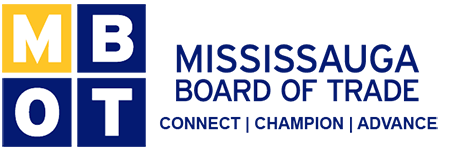Are you seeing top candidates, or top performers?
Over the years we’ve been taught to look for specific things when we evaluate candidates: a good cover letter, a solid résumé (and God help them if there are typos); they show up early for the interview, well prepared with good questions; they have a firm handshake, maintain eye contact, and follow up with a thank you note.
Unfortunately, these top candidates get our attention and advance in the process because of how proficiently they play the game of getting hired, even though there is little or no correlation between those factors, and how they are actually going to perform on the job.
Research over the last 40 years shows that the three factors that are predictive of top performers, regardless the level of the job or the industry sector, are:
First, top performers learn quickly and don’t get bogged down with the wrong information. Simply put, they focus on what matters, they learn in the same way as the company teaches, and they communicate in similar patterns. Poor performers often struggle because of miscommunication and misunderstanding.
Second, top performers take personal responsibility for their actions and their results. Put it in a sales context – top sales people are always looking back to draw lessons and insights they can apply moving forward. They are always improving their game, even if they are well ahead of quota. When poor performers miss their quota, blame almost always lies elsewhere: the product, the customer, the weather… you name it.
Third, top performers use humor to establish rapport, build relationships and diffuse anger and stress. Poor performers tend to unwittingly strain relationships and cause stress with inappropriate or insensitive humor.
So, if you are serious about looking for top performers, look past the trivialities of the interview ‘dance’… and instead pay attention to these Big Three by asking the right questions as early as possible.
• Instead of getting the candidate talking about themselves in an interview, ask them questions that get them talking about other people or situations
• Listen for how they listen and communicate (do they understand all your questions?)
• Do they take responsibility or assign blame
• How do they use humour throughout?
Their commentary will speak volumes about their standards and attitudes, as well as how they will likely perform when nobody’s looking.
This article was written by Jan van der Hoop, President, Fit First Technologies, Inc. Jan can be reached via e-mail at [email protected]





